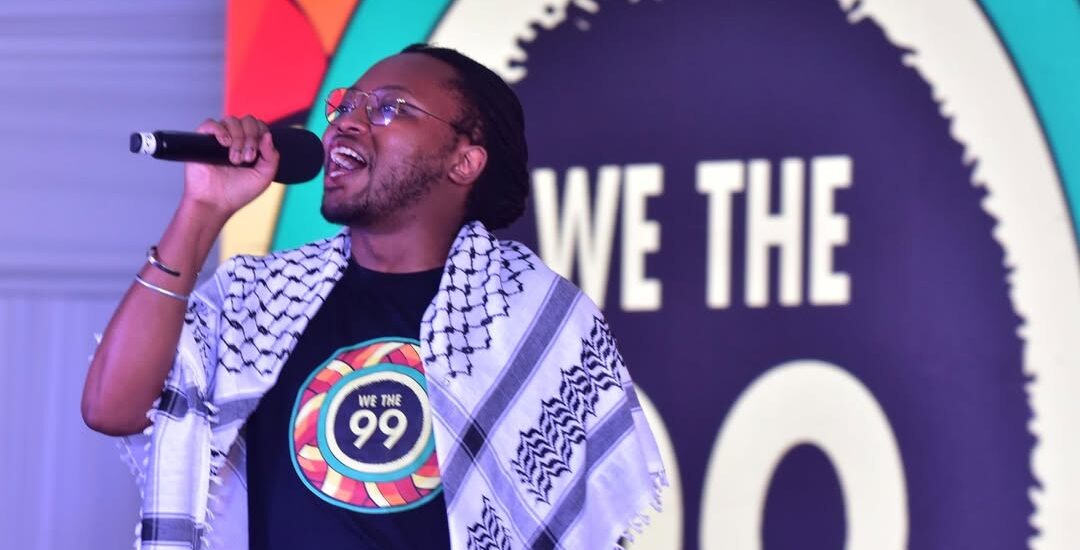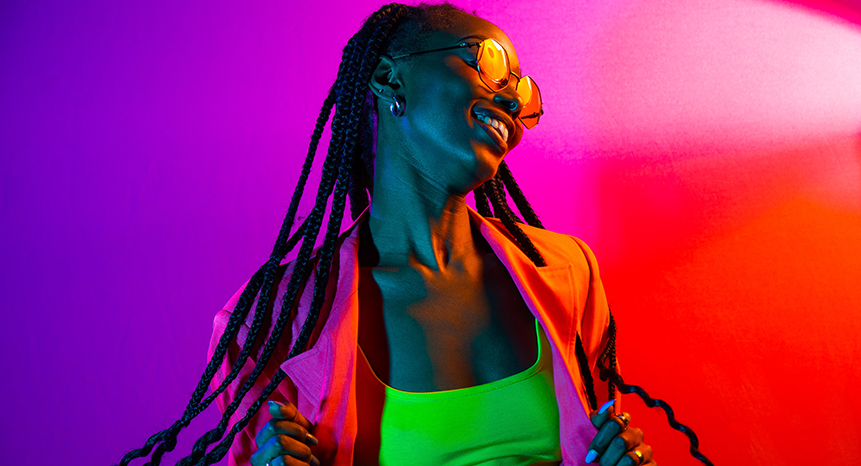Inside the We the 99% People’s Summit and Uprising Festival at Constitution Hill, a weekend of artists, youth voices, and grassroots organising.
We the 99% People’s Summit returned to Constitution Hill on 22 November, bringing artists, organizers, workers and young people into one space to talk about inequality and the future of public power. The gathering positioned itself as a people-led counter-conversation to global meetings happening elsewhere in the city.
The organisers invited speakers from community movements, unions, youth networks and global justice groups. The aim was simple: to create a space where those most affected by inequality could speak on their own terms. Many of the discussions centred on work, dignity, climate justice and the everyday pressures young people face in South Africa.
Kearabetswe Moopelo, a programme coordinator at the New Economy Hub, described the three-day summit as a place where people come together “to exchange ideas that come from lived experience, not boardrooms.” Their contribution set the tone for a weekend shaped by practical knowledge rather than policy language.
Youth voices and frontline issues
Youth-led sessions drew some of the biggest crowds. They explored digital storytelling, independent media, and the role of culture in political organising. Facilitators spoke about music scenes, online community building, and how young people shape political conversations even when not included in formal spaces.
Climate and environmental justice also carried strong energy. Speakers linked global pressures to local realities: pollution, poor waste management, and the lack of safe public spaces. The message was direct, climate justice is not abstract; it is part of daily life.
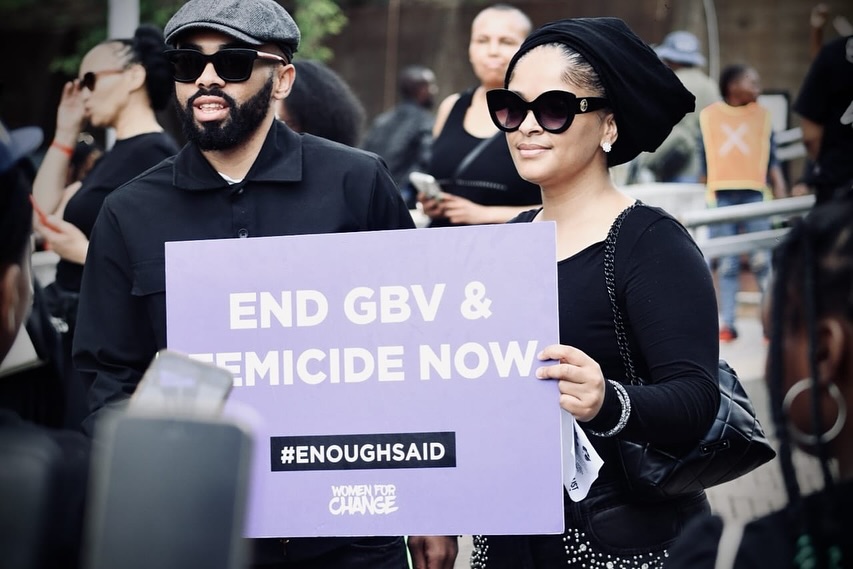
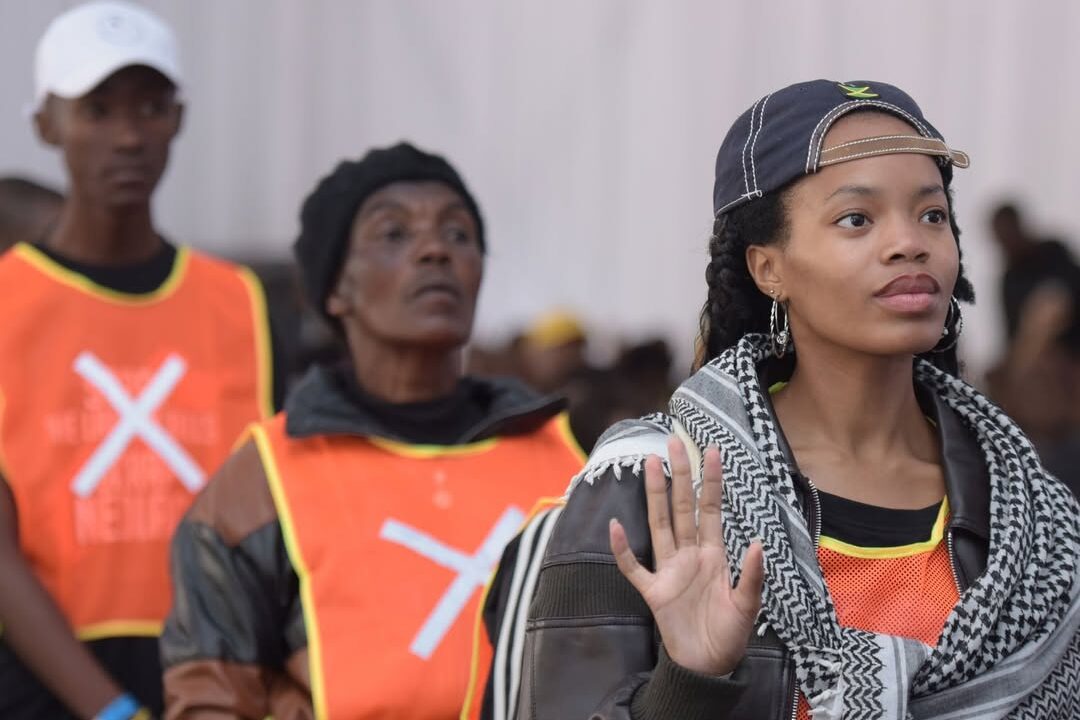
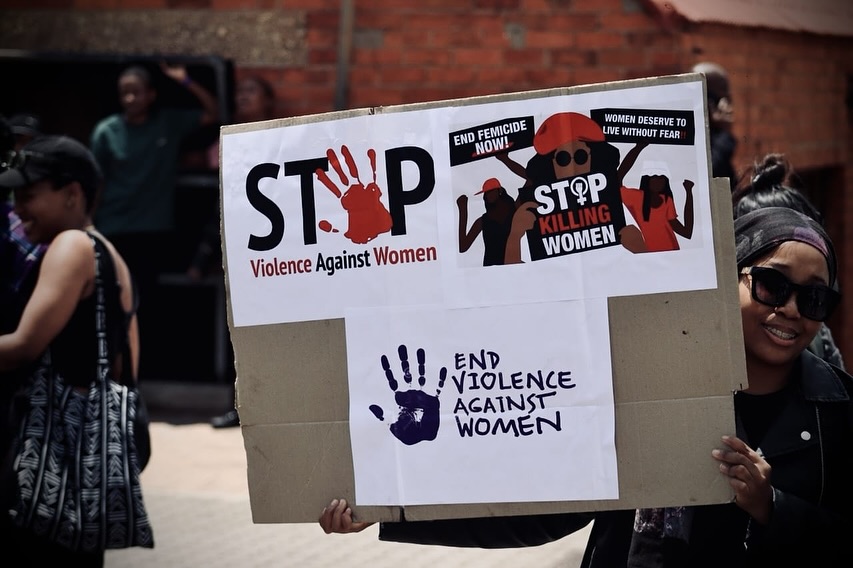
The Uprising Festival
The Summit closed with The 99% Uprising Festival, which turned Constitution Hill’s public spaces into a cultural commons. The line-up included Maglera Doe Boy, DBN Gogo, The Brother Moves On, Lebo Mashile, iPhupho L’ka Biko, DJ Kenzhero, and Buhlebendalo.
Their sets blended music, poetry and storytelling. Lebo Mashile’s spoken word brought a reflective tone. iPhupho L’ka Biko added spiritual jazz textures. Maglera Doe Boy drew a younger crowd, grounding the festival in present-day youth culture.
These performances made the political personal. They reminded the audience that activism is not only protest, it is also art, care, and connection.
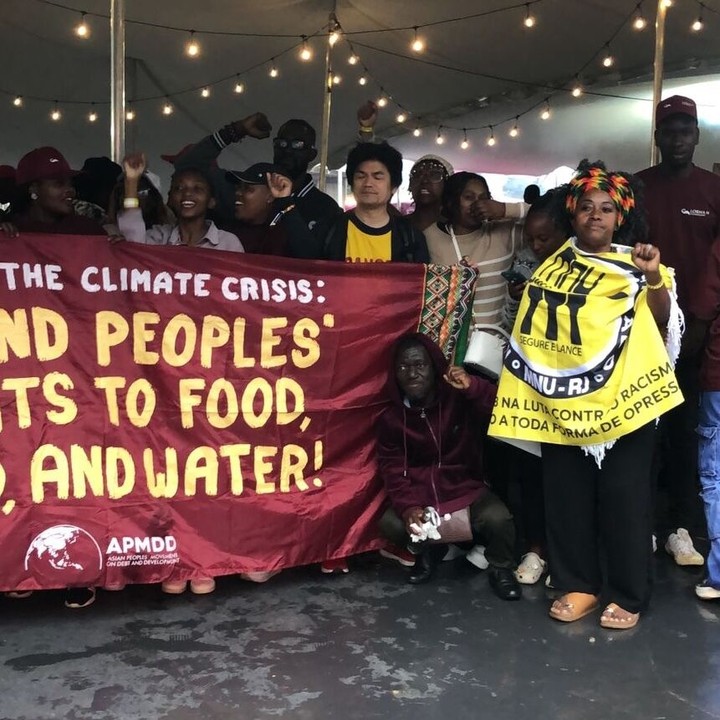
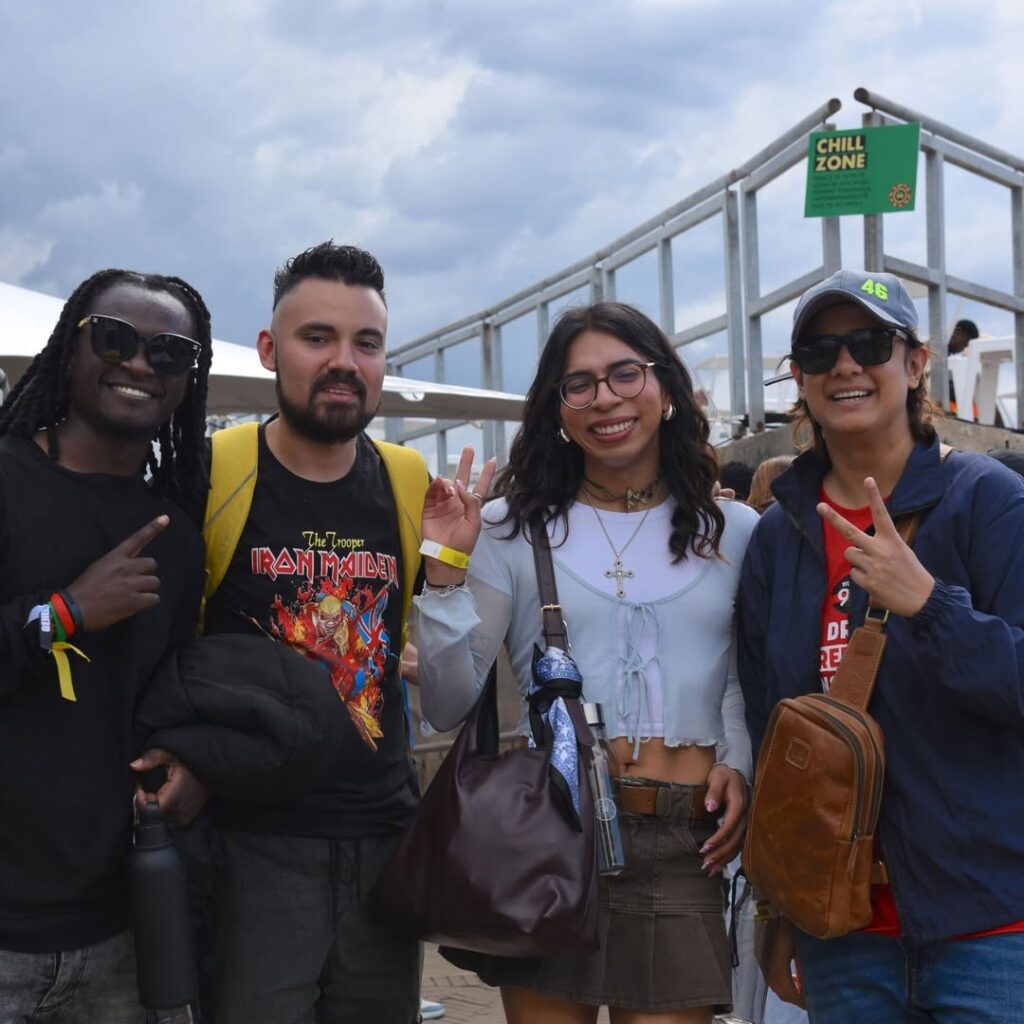
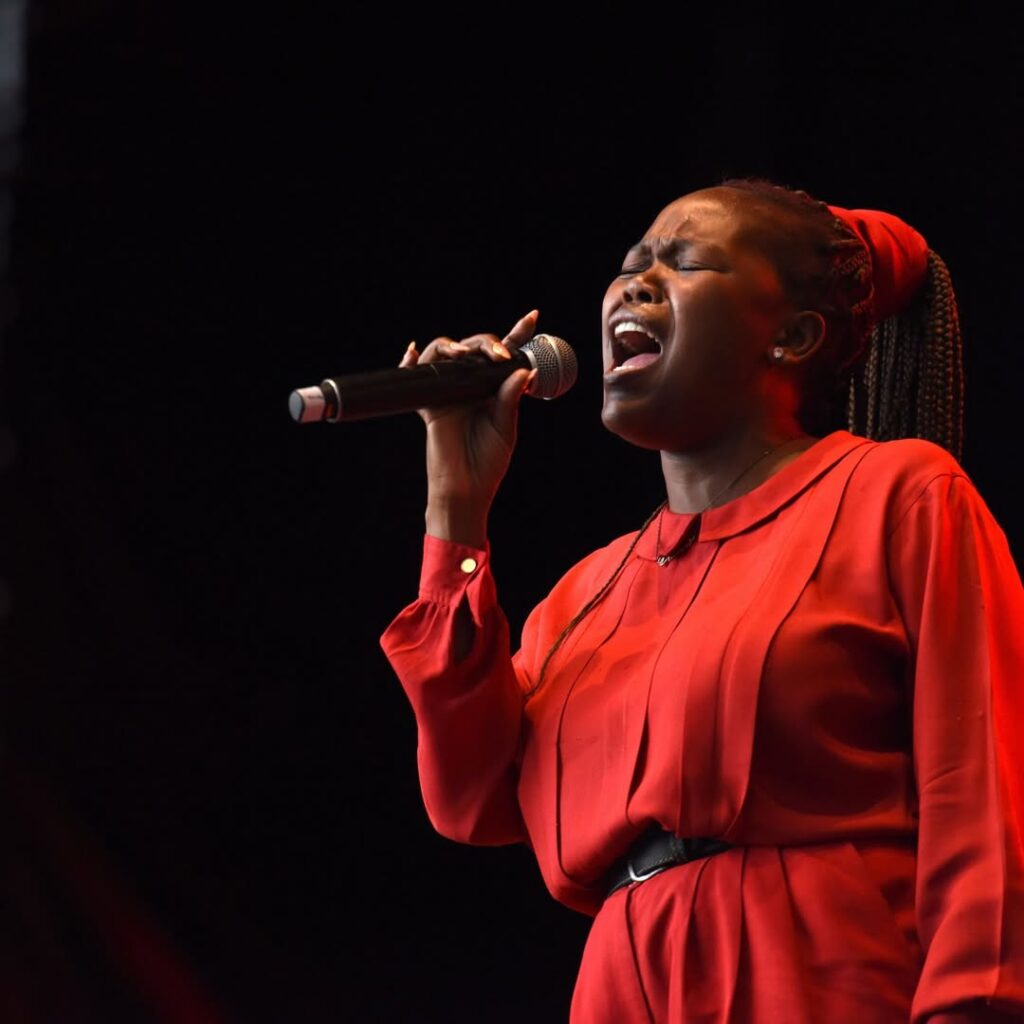
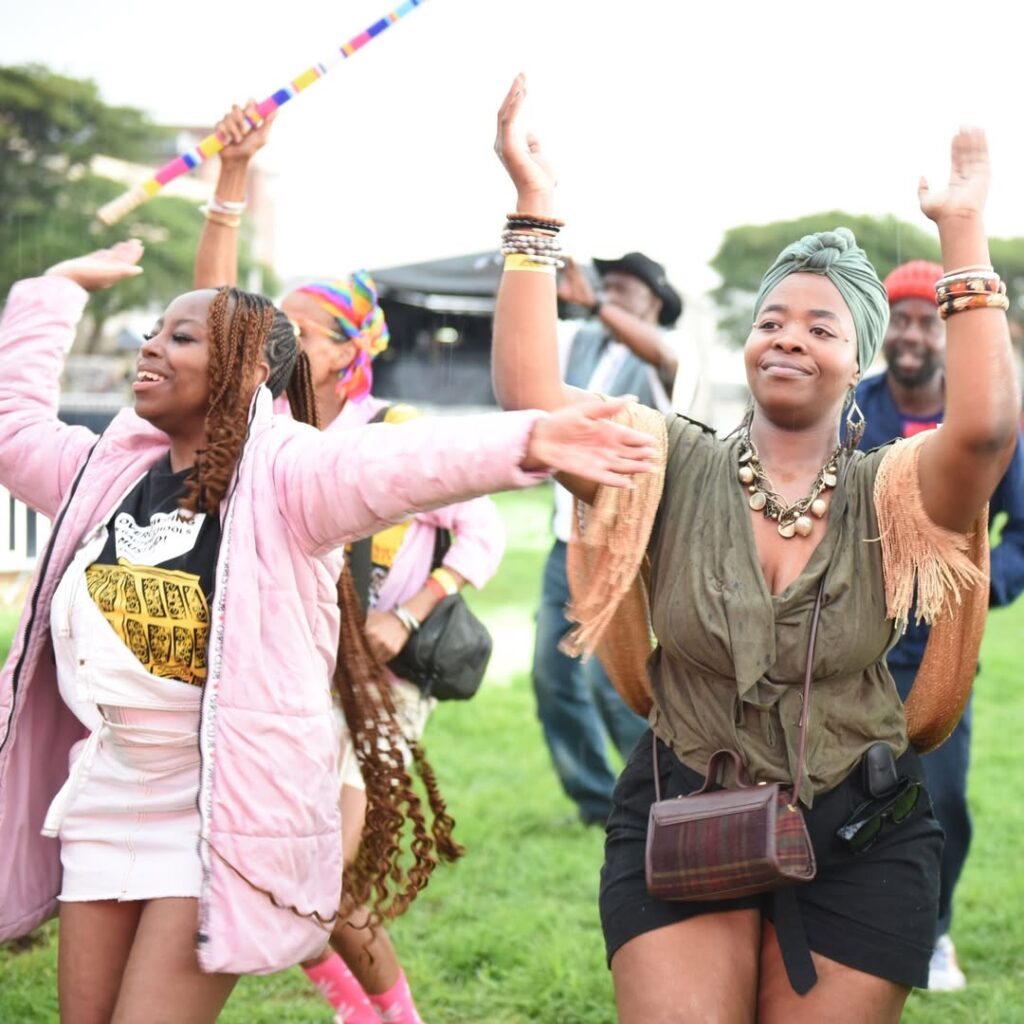
Movements and global links
Jenny Ricks, general secretary of the Fight Inequality Alliance, spoke about the need for global solidarity. She argued that inequality is structural, and that “change comes when communities organise together across borders.” Her words echoed throughout the weekend’s workshops and open circles.
Those circles focused on practical skills: how to build campaigns, how to tell community stories, and how to link local struggles to global issues. The sessions were conversational, accessible and grounded in shared experience.
What comes next
Organisers say the Summit is part of a longer process. They plan to build networks across youth movements, community groups, and cultural workers. The weekend at Constitution Hill offered a preview of what that could look like: a space where art meets organizing, and where the 99% can shape their own narrative.



